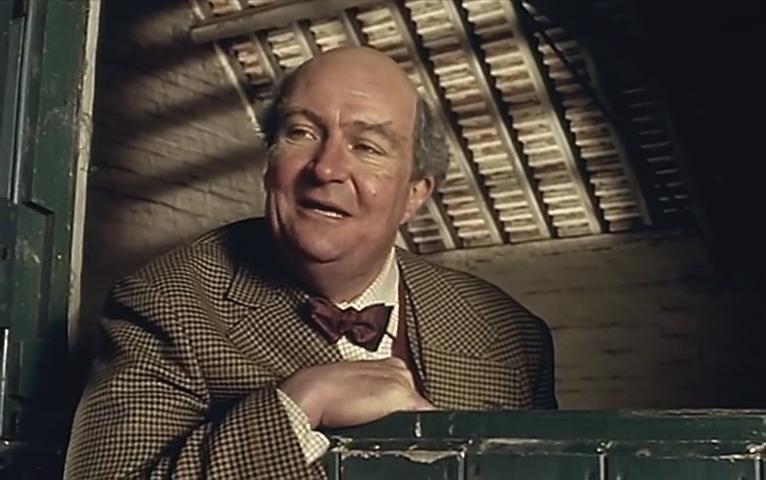Black humor
A Sense of History (Mike Leigh – United Kingdom, 1992)
The term black humor appeared in Huysmans’ work and was later coined by André Breton, whose Anthology of Black Humor was banned by the Vichy Regime in 1940. But what does the expression actually reflect?
At times where seeing political correctness everywhere if often a reflex for new conformists, we must use our flair to select the films in these programmes. The direction given by the collision of these two words is not crystal clear. Black humor can oscillate between oxymoron and pleonasm, depending on the mood or the viewpoint. André Breton leant towards the latter and his definition could apply to humor, full stop: “Black humor is hemmed in by too many things, including stupidity, skeptical sarcasm, light-hearted jokes… (the list is too long). But it is the mortal enemy of sentimentality, which seems to lie perpetually in wait – sentimentality that always appear against a blue background – and of a certain short-lived whimsy, which too often passes itself off as poetry (…).“1
If “humor is the politeness of despair”, one may wonder if black humor might be considered as its incivility. The overused phrase has been attributed to numerous artists (including Boris Vian and more recently Chris Marker) when it was actually coined by revolutionary surrealist poet Achille Chavée, and surprisingly, in the following original form : “Black humor is the politeness of despair.“
We will see how this saying is reflected in our three programme of short films, where death will inevitably play its part… We all know how the story ends!
French humorist Pierre Desproges posed the question “By the way, does Death care to bother when it laughs at us? Isn’t it using black humor?” 2
We should have a good laugh too.
1 – André Breton, Anthologie de l’humour noir.
2 – Pierre Desproges, Tribunal des Flagrants Délires.








